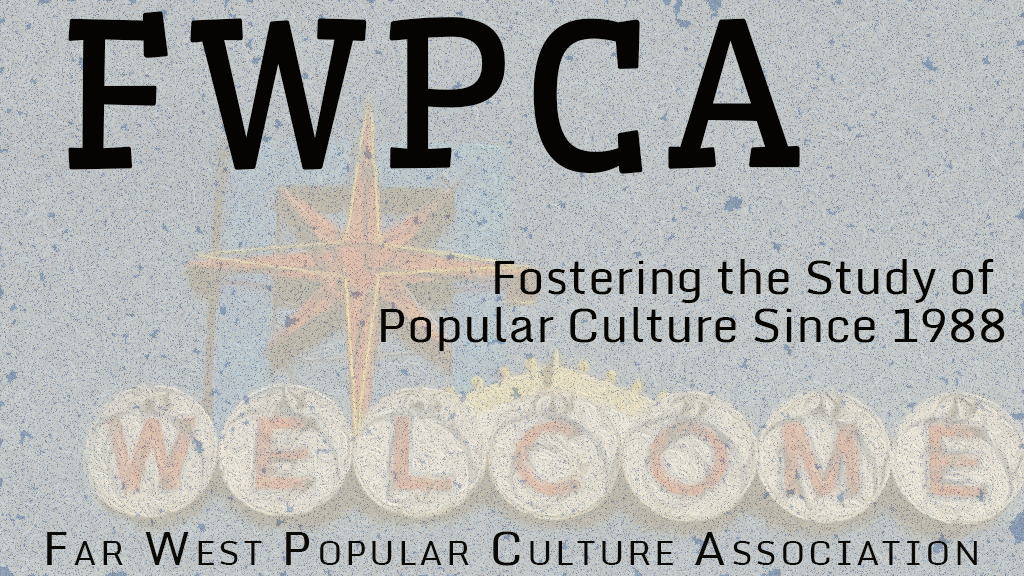Presentation Title
“A Meaningless Institution”: Allen Ginsberg and the Struggle to Resist Dehumanization
Presentation Type
Paper
Abstract
This presentation details how in poems such as “A Meaningless Institution,” “Howl,” and “American Change” Allen Ginsberg depicts individuals striving as best they can to maintain their freedom, especially freedom of thought in the face of lockstep conformity. In doing so, they seek to hang onto and reassert their humanity. In virtually every line, Ginsberg’s ideas about free speech, democracy, patriotism, inclusiveness, the environment, and community collided with the dehumanizing ideals of mainstream Cold War America. Ginsberg’s reverence for the United States as celebrated by his artistic “father” Walt Whitman functions as the catalyst for him to protest what the United States of his time had become. Ginsberg’s poetry simultaneously chides America and points the way to redemption through resistance. I examine Ginsberg’s work in the context of current events in the United States. Ideas from Randall Bennett Woods’ Quest for Identity: America since 1945 and Edward Abbey’s Desert Solitaire: A Season in the Wilderness inform my discussion.
Keywords
Literature, Resistance, Ecology, Self-determination, Community
“A Meaningless Institution”: Allen Ginsberg and the Struggle to Resist Dehumanization
This presentation details how in poems such as “A Meaningless Institution,” “Howl,” and “American Change” Allen Ginsberg depicts individuals striving as best they can to maintain their freedom, especially freedom of thought in the face of lockstep conformity. In doing so, they seek to hang onto and reassert their humanity. In virtually every line, Ginsberg’s ideas about free speech, democracy, patriotism, inclusiveness, the environment, and community collided with the dehumanizing ideals of mainstream Cold War America. Ginsberg’s reverence for the United States as celebrated by his artistic “father” Walt Whitman functions as the catalyst for him to protest what the United States of his time had become. Ginsberg’s poetry simultaneously chides America and points the way to redemption through resistance. I examine Ginsberg’s work in the context of current events in the United States. Ideas from Randall Bennett Woods’ Quest for Identity: America since 1945 and Edward Abbey’s Desert Solitaire: A Season in the Wilderness inform my discussion.

